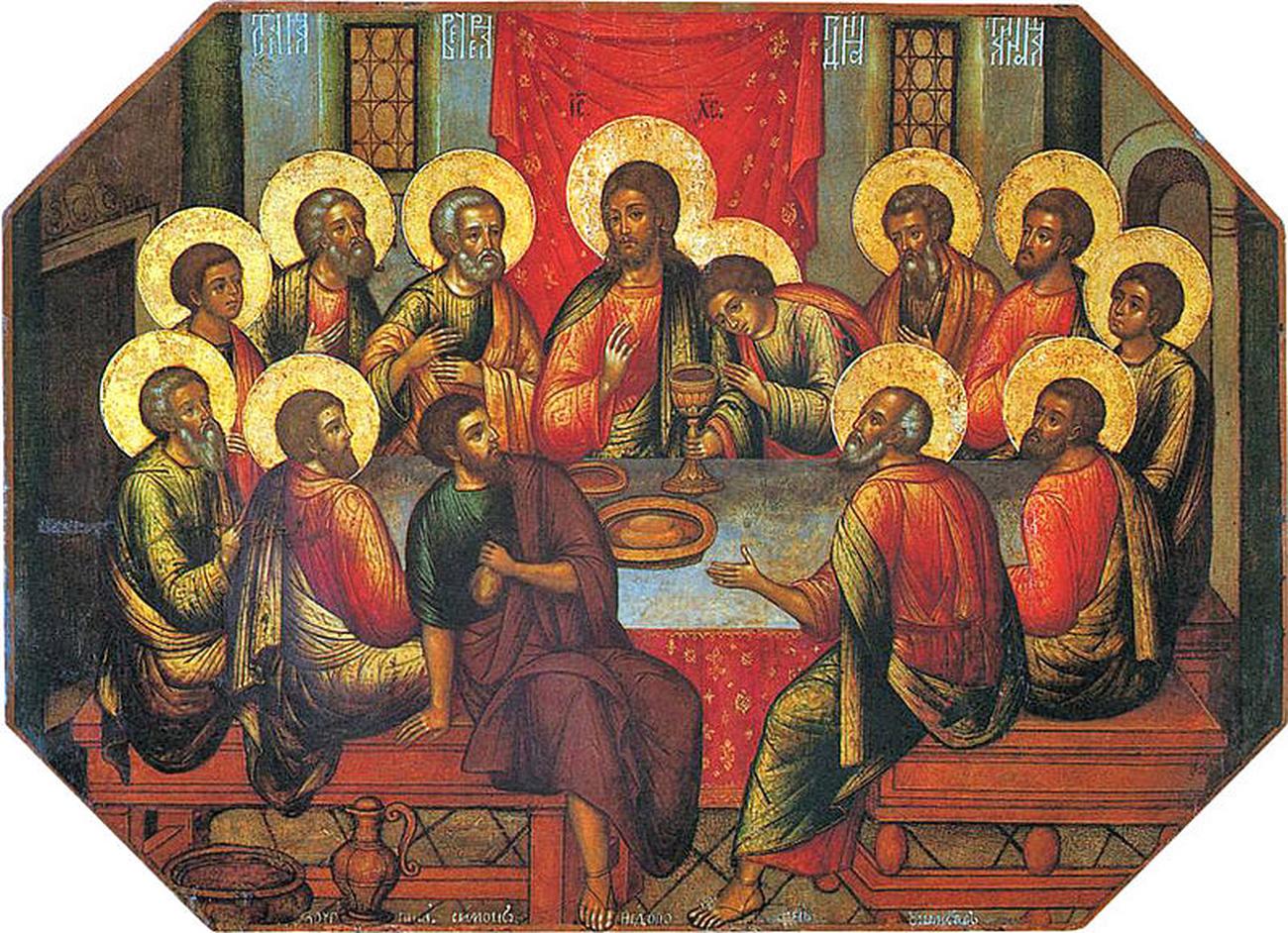Everything that God created, the entire world, cosmos, and nature, including man, was made to bestow upon all that exists the gift of sharing life with Him. The reason for this is that the motive for creation is God’s unconditional and free love. This unity and life in communion with God are given through Jesus Christ. Christ shows us God’s love for everything and everyone through His sacrificial love on the cross. The Lord reveals that being human means having the willingness to sacrifice, to lay down one’s life for others even when they do not deserve it, and that perfect love is that which does not seek its own. By revealing what it means to be human, He simultaneously reveals what He has always been as God. The mystery of God’s love, which gifts itself for us to exist and live within it, is manifested in the Holy Liturgy. As Christians, we are called to participate in this mystery because we are first introduced to a relationship with God as our Father through Baptism and to witness it to the whole world. If we do not participate in it, we do not have the life given to us through Christ’s suffering and resurrection, and therefore, we cannot witness and show this life to others. Furthermore, the question arises whether one who does not share life with God can call themselves a Christian.
Participating in the life of the Risen Christ is called Communion. The word itself means participation, sharing. Through Communion, we share life with God and with each other in the Holy Liturgy. In this way, God is made present through Christians in the world, and they together form the Church as the Body of Christ. Every Christian is called and to some extent obliged to respond to the gift of life and God’s presence through the Holy Communion by living virtuously, striving to love, forgive, care for, and help everyone around them, including nature. To be all things to all people, as the Apostle Paul says. In other words, we are called to carry, nurture, and enhance the joy and light we received at the Holy Liturgy in our daily lives.
The Holy Liturgy is primarily celebrated on Sundays when we commemorate the Resurrection of Christ, as well as on major feast days throughout the year when events from Christ’s life, the feasts of the Mother of God, and feasts dedicated to saints are celebrated. According to Church custom and rule, the Holy Liturgy is celebrated in the morning. In Belgrade churches, it usually begins at 9 a.m. Each church has a posted schedule of services, and it is best for the faithful to become familiar with the times when Church services begin.
